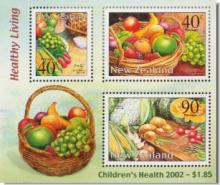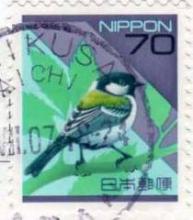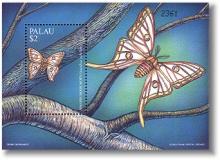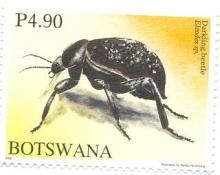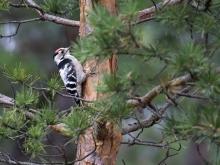UNEP report - Loss of plant pollinators could undermine efforts to feed the world’s growing population
A mixture of chemicals found in modern pesticides may be killing bee colonies around the world, according to a United Nations report. The report says that the highly toxic chemicals in the insecticides, collectively known as neonicotinoids, can cause loss of the sense of direction and memory on which bees rely to find food. The United Nations Environment Programme (UNEP) report says that when neonicotinoids are combined with certain fungicides, the toxicity becomes a thousand times stronger. It says that the loss of nature’s most important plant pollinators could undermine efforts to feed the world’s growing population. The report finds that tens of thousands of plant species could be lost in coming years unless conservation efforts are stepped up.

